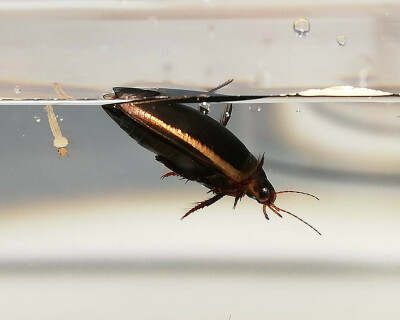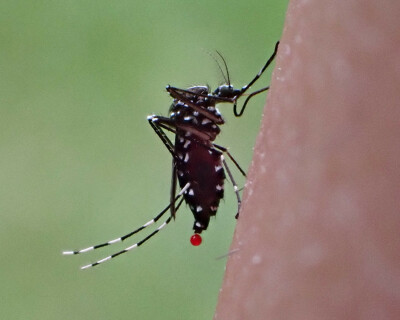Collaboration is the most powerful tool in vector control
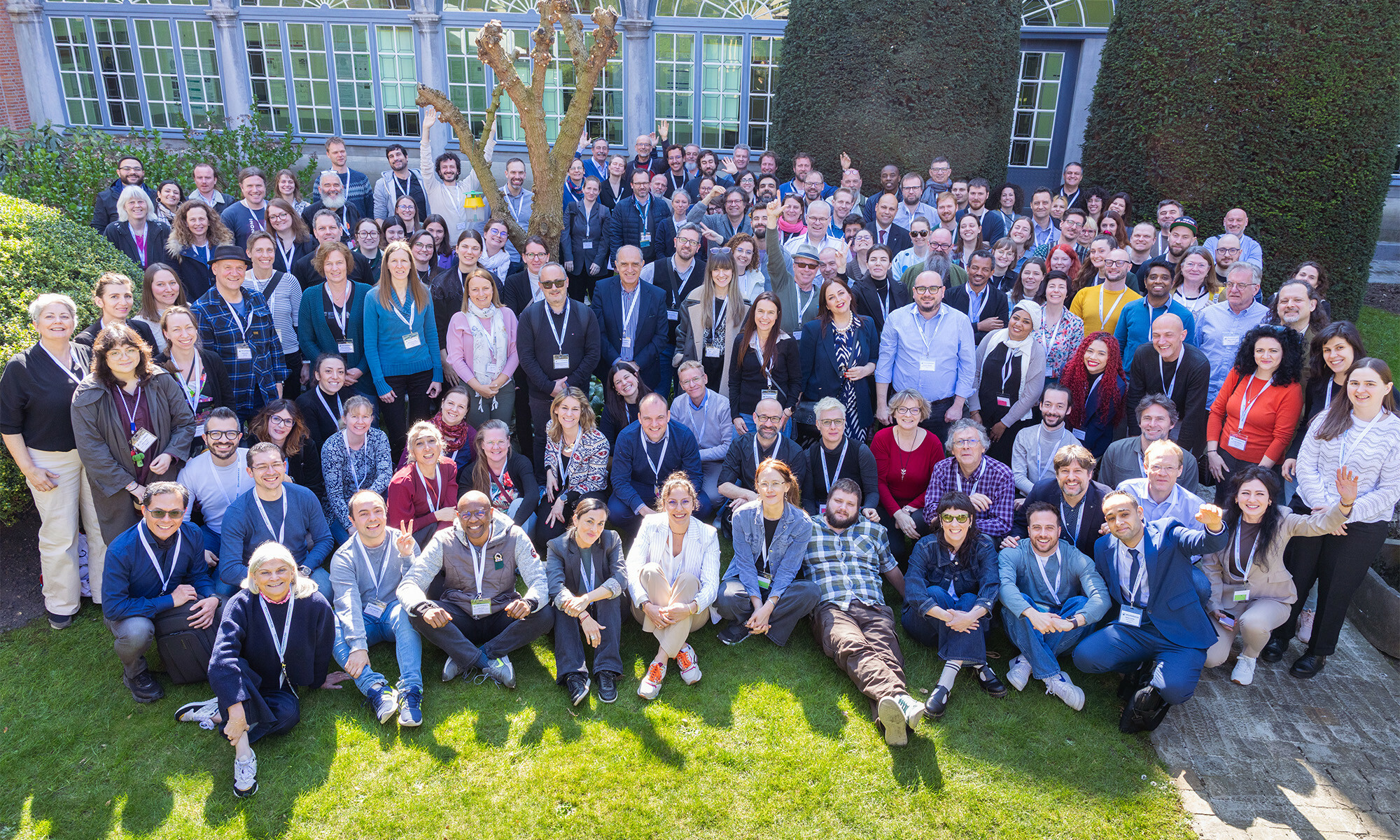
Are we ready for action?
Invasive mosquito species, such as the Asian tiger mosquito (Aedes albopictus) and the yellow fever mosquito (Aedes aegypti), have been a persistent threat in Latin America, Africa and Asia for decades. Now, due to globalisation, increased human mobility and climate change, they are expanding into northern regions as well. Are we ready to combat the growing threat of mosquito-borne diseases? This was the key question at the twelfth International Conference of the European Mosquito Control Association (EMCA), where experts, researchers and policymakers from around the world gathered to assess our collective preparedness and the control tools at our disposal.
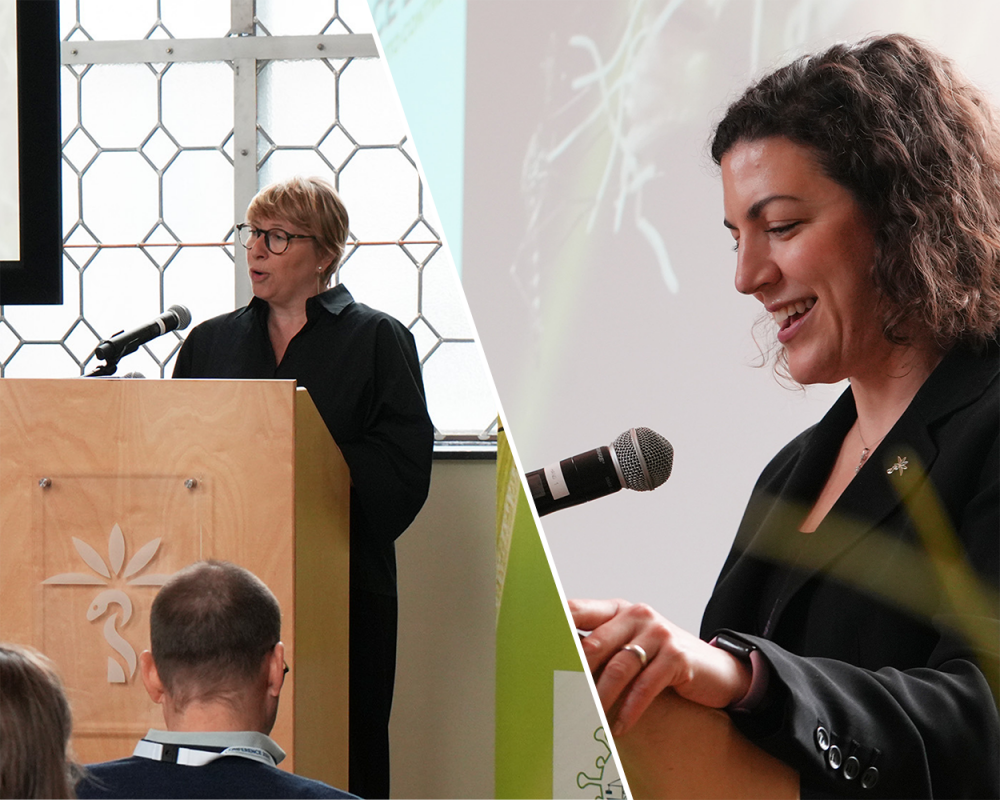
“Mosquitoes and other vectors don't care about borders and affect every country. The fight against vector-borne diseases is far from over.” With these words, Caroline Gennez, former Federal Minister of Development Cooperation and current Flemish Minister for Welfare and Poverty Reduction, Culture and Equal Opportunities, set the tone for the conference, eloquently stating the urgent need for global collaboration and knowledge sharing in the battle against these diseases.
“We are proud to host the 12th edition of the EMCA conference here in Antwerp, a historical crossroads of trade and innovation,” continued Dr Özge Tunçalp, Executive Director of ITM. “The conference theme could not be timelier. Being ready for action means being ready to adapt, collaborate, and innovate together.”
During the four-day conference, we welcomed 174 professionals from 33 countries, including field operators, academic researchers, and experts from both the private and public sectors. The conference brought together those in the front lines of vector control with those developing innovative new technologies, allowing for the interdisciplinary exchange of unique perspectives, ideas and approaches.
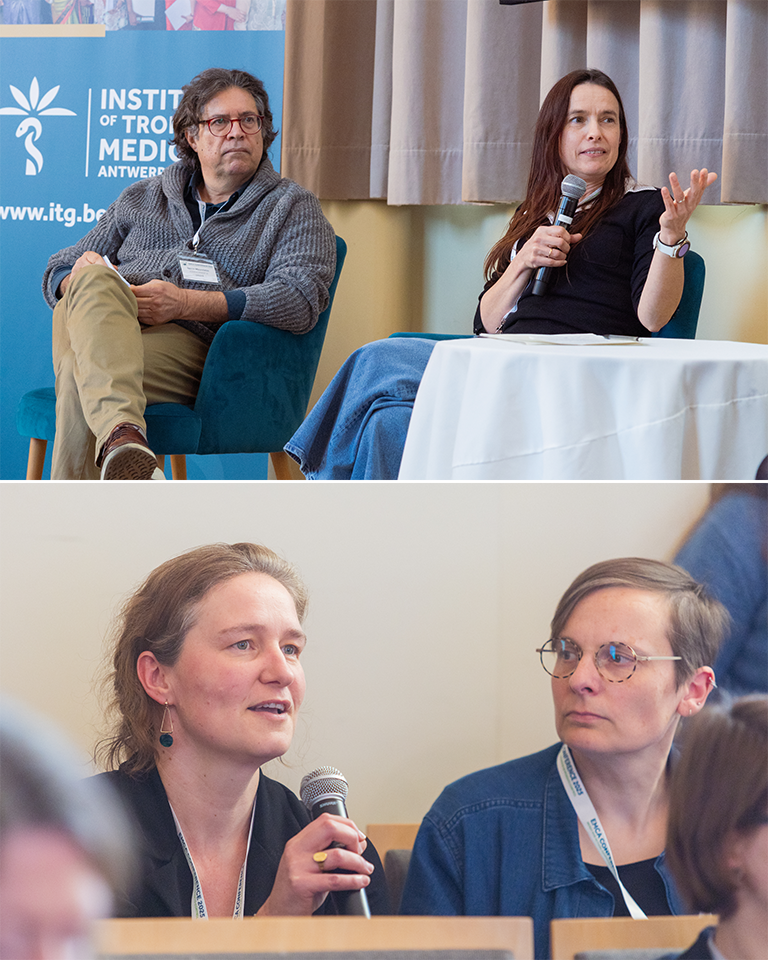
Highlights
Strengthening vector control strategies
The risks and costs of vector-borne diseases are rising. How can we ensure effective surveillance and control strategies? We explored evidence-based approaches to vector control, from traditional interventions such as larvicide treatments based on Bacillus thuringiensis israelensis (BTI) to innovative strategies based on sterile insect technique (SIT). Integrated, location-specific interventions and public engagement are necessary for effective implementation.
Understanding mosquito behaviour
Knowledge of mosquito ecology can help us predict disease transmission patterns and develop targeted control strategies. We examined flight activity, swarming behaviour, feeding habits, and immune responses across different mosquito species.
Harnessing microbes
The success of Wolbachia-based control programmes has driven further research into harnessing microbiota. We showcased recent studies on the role of bacteria in mosquito development for sustainable vector control and transmission dynamics of arboviruses.

Adapting vector control strategies across Europe: Challenges and opportunities
In a lively panel discussion led by ITM Entomologist Wim Van Bortel, experts and the general public discussed the challenges and opportunities of vector control strategies across Europe. Where do we currently stand, where are we headed, and which challenges are ahead? Our discussion focused on the effectiveness of our tools to the role of policymakers and the importance of citizen and stakeholder engagement.
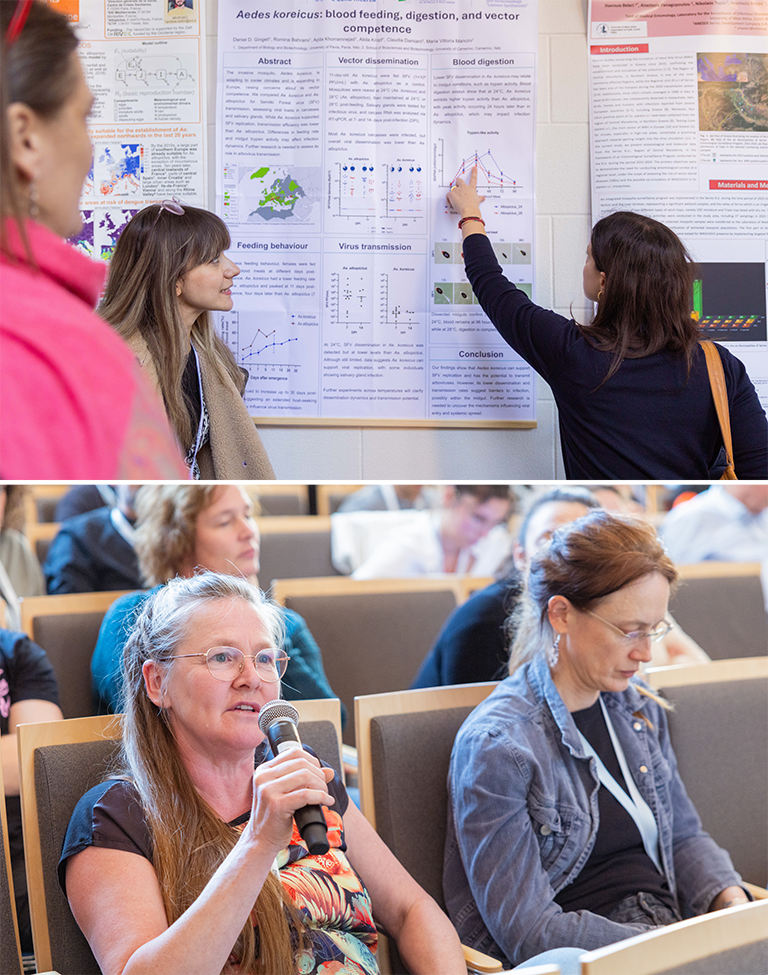
Tackling insecticide resistance
Resistance to insecticides is a growing challenge worldwide. We explored genetic mutations and metabolic adaptations contributing to resistance. We also emphasised the need for ongoing surveillance, standardised testing, and evidence-based strategies to maintain the efficacy of current control measures.
Science slam: Innovating vector control research
In a fast-paced and engaging session, researchers presented their studies on topics such as host factors in dengue virus infection, novel insect vaccine approaches, and new vector control strategies. Afterwards, the audience could vote for the most compelling presentation.
Integrating AI in surveillance
Advancements in artificial intelligence and technology are transforming mosquito surveillance, but how effective are they in real-world applications? We explored AI-driven mosquito identification, sound-based species recognition, and IoT-based behavioural monitoring, to evaluate their scalability and reliability for public health and vector control initiatives.
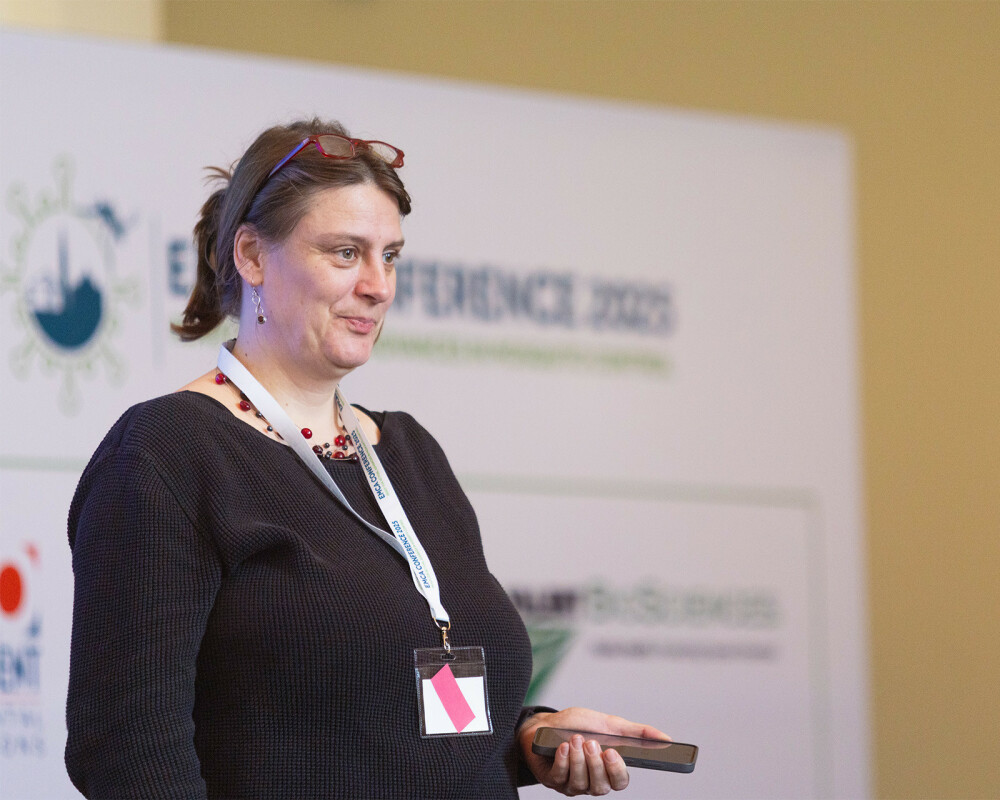
A new generation in vector control
Prof Ruth Müller, Co-Chair of the Scientific Committee and Head of our Entomology Unit, concluded the conference with a powerful message: “We can’t let this momentum fade. We have to translate these insights into action at local, regional and global levels. I invite you to stay connected, reach out across sectors, and help shape a new generation of climate-resilient, inclusive, and impact-driven vector control.”
To celebrate the excellence of our participants, awards for the best oral presentation, the best poster, and the best Science Slam presentation were given at the end of the conference.

Curious for more stories?
Ruth shares her personal experiences and insights from the front lines of the fight against mosquito-borne diseases in Season 3 of our ITM podcast Transmission. First episode coming on 3 April 2025!
Spread the word! Share this story on

